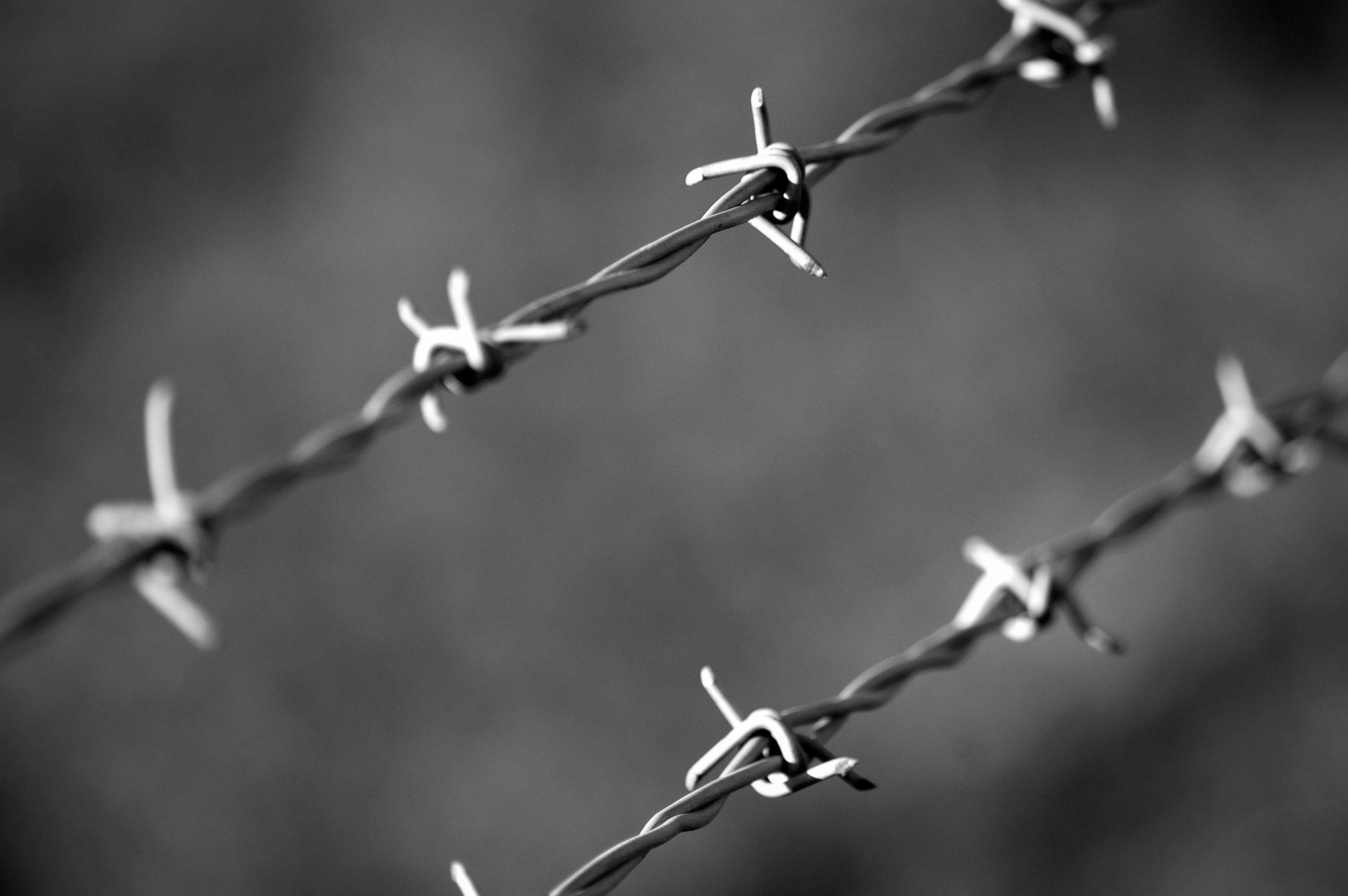
"I left the country, it never left me. I carried it, it never carried me. I ran, it followed.
This is not a country, it’s a curse."
No, it’s not poetry; it’s the brutal paradox of my people. Because this is not land on a map, this is a wound, a syndrome, too deeply rooted to abandon, too wounded to heal.
You can always pack your bags, plan your future continents away, erase your name, and run. It will follow. You’re not the first nor the last; it has always been a land of departures: from the 19th century to the famine under the Ottoman rule, to the fifteen dark years of civil war to the 2006 war, the two years following the 2019 financial crisis, and the explosion, we have been packing bags for generations.
We are, as Amin Maalouf captured, “children of mixed bloodlines and broken destinies”; we’re children of exile without borders.
But here’s the catch: remittances from our diaspora represented over 35% of our entire economy. The paradox: you leave the country and chain yourself to it; you’re just on another continent sustaining it.
I want to call it “The Anatomy of Exile. For psychologists it’s called “existential homelessness.” For philosophers, it’s the human condition of looking for a place that does not exist.
Lebanese people know this too well.
If you stay, you look for home outside these borders, and if you leave, you dream of home inside these borders. And this is where the romanticizing starts: Fairouz in the morning, landscape videos, and some speeches of coexistence. We dream of home and recreate samples of it in the foreign streets of Montreal, Abidjan, Paris, and São Paulo, seeking the sense of belonging.
Stripped to its bones, this country is never left behind.
It lives in your voice, in this accent you try not to have, in your hesitation when they ask where you’re from, and in your guilt when you read the news of explosions and sound barriers.
It lives in the “zaatar” your mom packs in your bags and the tears down her cheeks when you pack again.
It lives in the way you tell our story with pride and sorrow, in the tear you wipe away when you hear “li Beirut,” and in each time you miss the fresh smell of home.
Let me thank you for all of this, because Lebanon is not a country; it doesn’t have the means to be one. It’s the people, it’s you, your accent, anger issues, rebellion, and your love of a country that never quite loved you back.